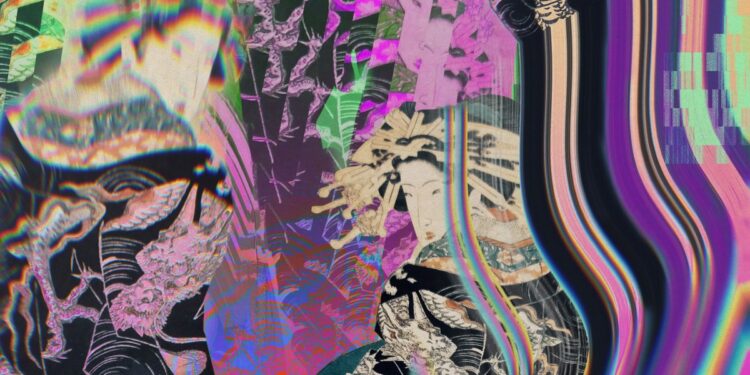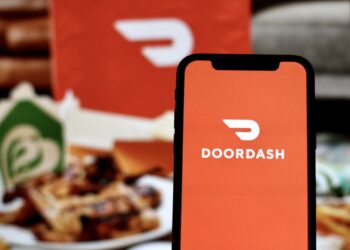During a later visit to a Picasso exhibit in Milan, I came across a famous informational diagram by the art historian Alfred Barr, mapping how modernist movements like Cubism evolved from earlier artistic traditions. Picasso is often held up as one of modern art’s most original and influential figures, but Barr’s chart made plain the many artists he drew from—Goya, El Greco, Cézanne, African sculptors. This made me wonder: If a generative AI model had been fed all those inputs, might it have produced Cubism? Could it have generated the next great artistic “breakthrough”?
These experiences—spread across three cities and centered on three iconic artists—coalesced into a broader reflection I’d already begun. I had recently spoken with Daniel Ek, the founder of Spotify, about how restrictive copyright laws are in music. Song arrangements and lyrics enjoy longer protection than many pharmaceutical patents. Ek sits at the leading edge of this debate, and he observed that generative AI already produces an astonishing range of music. Some of it is good. Much of it is terrible. But nearly all of it borrows from the patterns and structures of existing work.
Musicians already routinely sue one another for borrowing from previous works. How will the law adapt to a form of artistry that’s driven by prompts and precedent, built entirely on a corpus of existing material?
And the questions don’t stop there. Who, exactly, owns the outputs of a generative model? The user who crafted the prompt? The developer who built the model? The artists whose works were ingested to train it? Will the social forces that shape artistic standing—critics, curators, tastemakers—still hold sway? Or will a new, AI-era hierarchy emerge? If every artist has always borrowed from others, is AI’s generative recombination really so different? And in such a litigious culture, how long can copyright law hold its current form? The US Copyright Office has begun to tackle the thorny issues of ownership and says that generative outputs can be copyrighted if they are sufficiently human-authored. But it is playing catch-up in a rapidly evolving field.
Different industries are responding in different ways. The Academy of Motion Picture Arts and Sciences recently announced that filmmakers’ use of generative AI would not disqualify them from Oscar contention—and that they wouldn’t be required to disclose when they’d used the technology. Several acclaimed films, including Oscar winner The Brutalist, incorporated AI into their production processes.
The music world, meanwhile, continues to wrestle with its definitions of originality. Consider the recent lawsuit against Ed Sheeran. In 2016, he was sued by the heirs of Ed Townsend, co-writer of Marvin Gaye’s “Let’s Get It On,” who claimed that Sheeran’s “Thinking Out Loud” copied the earlier song’s melody, harmony, and rhythm. When the case finally went to trial in 2023, Sheeran brought a guitar to the stand. He played the disputed four-chord progression—I–iii–IV–V—and wove together a mash-up of songs built on the same foundation. The point was clear: These are the elemental units of songwriting. After a brief deliberation, the jury found Sheeran not liable.
Reflecting after the trial, Sheeran said: “These chords are common building blocks … No one owns them or the way they’re played, in the same way no one owns the colour blue.”






